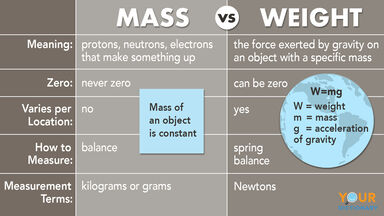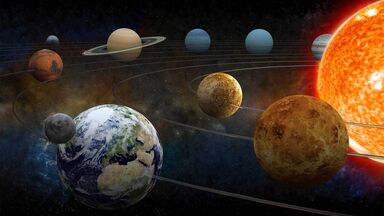Mass Definition
- collectively; as a whole
- the great mass of common people; specif., the working people, or the lower classes in the social order
Idioms, Phrasal Verbs Related to Mass
- in the mass
- the masses
Origin of Mass
-
From Old English masse, messe, Old English mæsse. Late Latin missa, from Latin mittere, missum, to send, dismiss: compare French messe. In the ancient churches, the public services at which the catechumens were permitted to be present were called missa catechumenorum, ending with the reading of the Gospel. Then they were dismissed with these words: "Ite, missa est", the congregation is dismissed. After that the sacrifice proper began. At its close the same words were said to those who remained. So the word gave the name of Mass to the sacrifice in the Catholic Church. Compare Christmas, Lammas, Mess a dish, Missal
From Wiktionary
-
In late Middle English (circa 1400) as masse in the sense of "lump, quantity of matter", from Anglo-Norman masse, in Old French attested from the 11th century, via late Latin massa (“lump, dough"), from Ancient Greek μᾶζα (maza, “barley-cake, lump (of dough)"). The Greek noun is derived from the verb μάσσω (mássō, “to knead"), ultimately from a Proto-Indo-European *mag'- (“to oil, knead"). The sense of "a large number or quantity" arises circa 1580. The scientific sense is from 1687 (as Latin massa) in the works of Isaac Newton, with the first English use (as mass) occurring in 1704.
From Wiktionary
-
From Middle English masse, from Old English mæsse (“the mass, church festival"), from Vulgar Latin *messa, from Late Latin missa, noun use of feminine past participle of classical Latin mittere (“to send"). Compare Dutch mis (“mass"), German Messe (“mass"), Danish messe (“mass"), Icelandic messa (“mass"). More at mission.
From Wiktionary
Middle English masse from Old English mæsse from Vulgar Latin messa from Late Latin missa from Latin feminine past participle of mittere to send away, dismiss
From American Heritage Dictionary of the English Language, 5th Edition
-
Middle English masse from Old French from Latin massa from Greek māza, maza mag- in Indo-European roots
From American Heritage Dictionary of the English Language, 5th Edition
Find Similar Words
Find similar words to mass using the buttons below.





